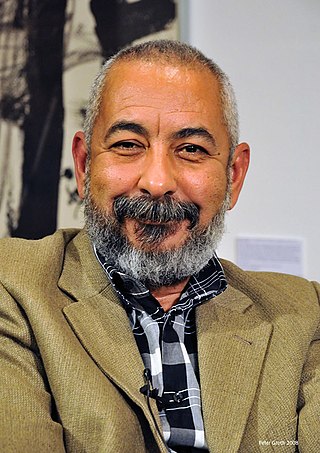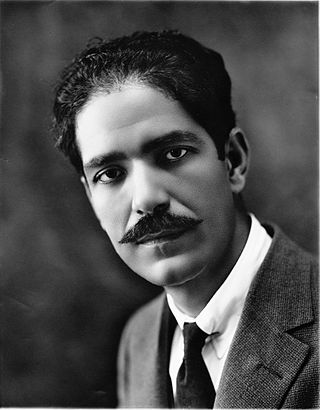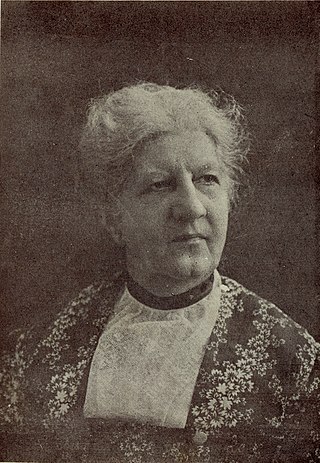Related Research Articles
Human rights in Cuba are under the scrutiny of human rights organizations, which accuse the Cuban government of committing systematic human rights abuses against the Cuban people, including arbitrary imprisonment and unfair trials. International human rights organizations such as Amnesty International and Human Rights Watch have drawn attention to the actions of the human rights movement and designated members of it as prisoners of conscience, such as Óscar Elías Biscet. In addition, the International Committee for Democracy in Cuba led by former statesmen Václav Havel of the Czech Republic, José María Aznar of Spain and Patricio Aylwin of Chile was created to support the Cuban dissident movement.
Jorge Valls Arango was a Cuban activist and poet of who spent more than two decades in prison for his opposition to Fidel Castro.

Leonardo de la Caridad Padura Fuentes is a Cuban novelist and journalist. As of 2007, he is one of Cuba's best-known writers internationally. In his native Spanish, as well as in English and some other languages, he is often referred to by the shorter form of his name, Leonardo Padura. He has written screenplays, two books of short stories, and a series of detective novels translated into 10 languages. In 2012, Padura was awarded the National Prize for Literature, Cuba's national literary award and the most important award of its kind. In 2015, he was awarded the Premio Principe de Asturias de las Letras of Spain, one of the most important literary prizes in the Spanish-speaking world and usually considered as the Iberoamerican Nobel Prize.
Cuba was the first Latin American country to begin television testing in December 1946 when station CM-21P conducted an experimental multi-point live broadcast. The first regular commercial broadcasting began in October 1950 by the small radio station Union Radio, soon followed by other stations. The broadcasts featured sport, soap operas, news, cooking shows, and comedy. Censorship was imposed following the 1952 coup by Fulgencio Batista, and again by the government of the Cuban revolution after their victory in 1959.

Jorge Mañach y Robato was a Cuban writer and attorney, considered among the most distinguished of his time.

Carlos Alberto Montaner Suris was an exiled Cuban author and journalist known for his criticism of Fidel Castro and the Cuban government. He was published widely in Latin American newspapers, and produced fiction and non-fiction books about Latin America. Montaner was a political analyst for CNN en Español.
Clemente Guillermo Gomez-Rodriguez is a former defense lawyer forced out of a 22-year-long legal criminal practice career in Cuba as punishment after his release from prison Combinado del Este for trying to leave the country. He is now a Spanish-language writer in the United States.

Amalia Isabel Rodríguez Carriera, known professionally as Amalia Aguilar, was a Cuban-Mexican dancer, actress and comedian.

Ann Louise Bardach is an American journalist and nonfiction author. Bardach is best known for her work on Cuba and Miami and was called "the go-to journalist on all things Cuban and Miami", by the Columbia Journalism Review, having interviewed dozens of key players including Fidel Castro, sister Juanita Castro, anti-Castro militant Luis Posada Carriles, CIA and Watergate plumber E. Howard Hunt, anti-Castro militant Orlando Bosch and CIA operative Felix Rodriguez, who was present for the assassination of Che Guevara.

José Manuel de Cortina y García was a Cuban politician, lawyer and journalist.
Yndamiro Restano Díaz is a Cuban dissident journalist and poet who has won the 1996 Golden Pen of Freedom Award of the World Association of Newspapers and a 1994 International Press Freedom Award from the Committee to Protect Journalists. In 1995, the South Florida Sun-Sentinel described him as "Cuba's leading dissident journalist".
The following is a timeline of the history of Havana, Cuba.

Normando Hernández González is a Cuban writer and journalist who now lives in the United States.
Leandro Soto was a Cuban-American multidisciplinary visual/installation and performance artist. He was also a set and costume designer for theater and film. Soto studied at Escuela Nacional de Arte National Art Schools (Cuba) and Instituto Superior de Arte, University of Havana. As an educator he taught and lectured at various Higher Education institutions in the U.S. and abroad. Soto also founded a creative workshop, El Tesoro de Tamulte, in Tabasco, Mexico, from which professional artists emerged.
Amalia Mallén de Ostolaza was a Cuban essayist, translator, suffragist, and feminist activist. She was one of the architects of Cuba's women's suffrage campaign of the 1910s, along with Digna Collazo and Aída Peláez de Villa Urrutia. She participated in the founding of the country's first organizations supporting this cause, such as the National Feminist Party (1912), the Suffragist Party (1913) and National Suffragist Party (1913). She was also director of the newspapers La Luz (1913) and El Sufragista.

Domitila García Doménico de Coronado was a Cuban writer, journalist, editor, and professor, considered to be the first women to practice journalism in her country.
Georgina Herrera was a Cuban writer of poetry, novels and short stories. She also wrote drama and scripts for radio and television series, as well as for film.

Teatro Martí is a Neoclassical theater in Havana, Cuba. It was inaugurated on 8 June 1884 as the Teatro Irijoa, named after its founder and owner Ricardo Irijoa, from the Basque Country, Spain. It was originally used for the performance of zarzuelas and vaudevilles, as well as meetings of the Partido Autonomista. In 1899, it was renamed Eden Garden, before changing its name again a year later to Teatro José Martí. In 1901, it held the Convención Constituyente which established the independent Republic of Cuba. At the time, it had a capacity of 1,200 persons.
María Calvo Nodarse, better known as La Macorina, was a Cuban prostitute who was a friend of ex-president José Miguel Gómez, whom she supported during the Chambelona War. She was the first woman to hold a driving license in the Americas.
References
- 1 2 3 4 "Journalist Jorge Olivera Castillo released on medical grounds". IFEX. 9 December 2004. Retrieved 3 March 2017.
- ↑ "Jorge Olivera Castillo (1961)". www.memoryofnations.eu. Retrieved 2024-01-31.
- 1 2 3 4 5 Mineo, Liz (6 December 2016). "Out of 'the wolf's mouth'". Harvard Gazette. Retrieved 3 March 2017.
- 1 2 Olivera Castillo, Jorge. "From Dream to Reality". English PEN. Retrieved 1 February 2017.
- ↑ "Nancy". Mujeres Coraje (in Spanish). 3 March 2010. Retrieved 3 March 2017.
- ↑ Congressional Record Proceedings and Debates of the 108th Congress Second Session. Government Printing Office. 1954. p. 8730. ISBN 978-0-16-082001-4.
- ↑ "Jorge Olivera Castillo". Department of Comparative Literature, Harvard University. Archived from the original on 4 March 2017. Retrieved 3 March 2017.